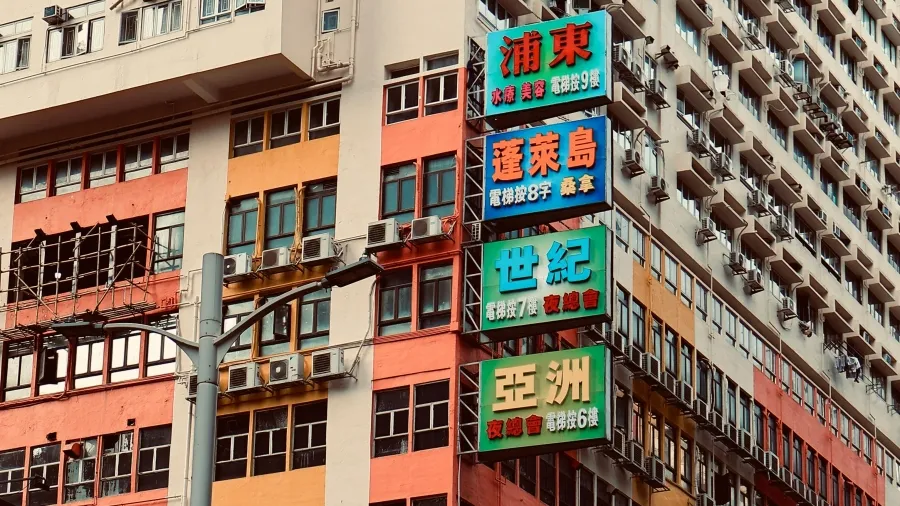New Hong Kong ordinance mandates timely payments in construction industry
The Construction Industry Security of Payment Ordinance aims to improve cash flow and fairness.
Starting August, Hong Kong’s new Security of Payment Ordinance will require timely payments and implement a streamlined dispute resolution process across the construction industry.
"[The ordinance] addresses several critical issues that have long affected the construction industry in Hong Kong," said Stanley Lo, Counsel at Deacons. "It mandates payment timelines to ensure prompt payment to contractors, subcontractors, suppliers, and consultants."
"The ordinance also introduces a dispute resolution mechanism," Lo added. "It establishes a swift adjudication process for resolving payment disputes within 55 working days from the notice of a statutory claim."
Another significant change is the invalidation of conditional payment clauses, such as "pay-when-paid" provisions. "These provisions are now void and unenforceable, ensuring that contractors and subcontractors are paid for completed work regardless of whether clients have made payments," Lo said.
Donovan Ferguson, Partner at King & Wood Mallesons Hong Kong, emphasised the ordinance’s transformative nature. "After more than 20 years, Hong Kong now has a statutory right to adjudicate claims for additional payment under construction contracts," Ferguson said. "Main contractors, subcontractors, and suppliers can dispute payment amounts monthly and refer disputes to an independent adjudicator."
The adjudicator’s decisions, enforceable like Hong Kong court judgments, aim to improve cash flow and reduce insolvencies in the construction sector. "This new law brings Hong Kong into line with other jurisdictions like Singapore, Malaysia, and Australia," Ferguson noted.
Both speakers agreed that main contractors are likely to be the most affected. "Main contractors will receive the most payment claims each month," Ferguson explained. "Additionally, the prohibition of 'pay-when-paid' clauses means contractors must pay subcontractors regardless of client payments."
Lo added that the transition will require significant preparation across the industry. "Stakeholders must revise contracts, update payment systems, and train staff on the new requirements," he said. The availability of qualified adjudicators is another potential challenge. "Sufficient adjudicators must be recruited and trained to manage the expected increase in disputes," Lo said.
The industry has until August 2025 to prepare for full compliance, with educational initiatives and system updates expected to accelerate in the coming months.



















 Advertise
Advertise







Commentary
Navigating Hong Kong’s regulatory landscape: a challenging and rewarding endeavour
Wellness craze: Emerging growth for commercial space